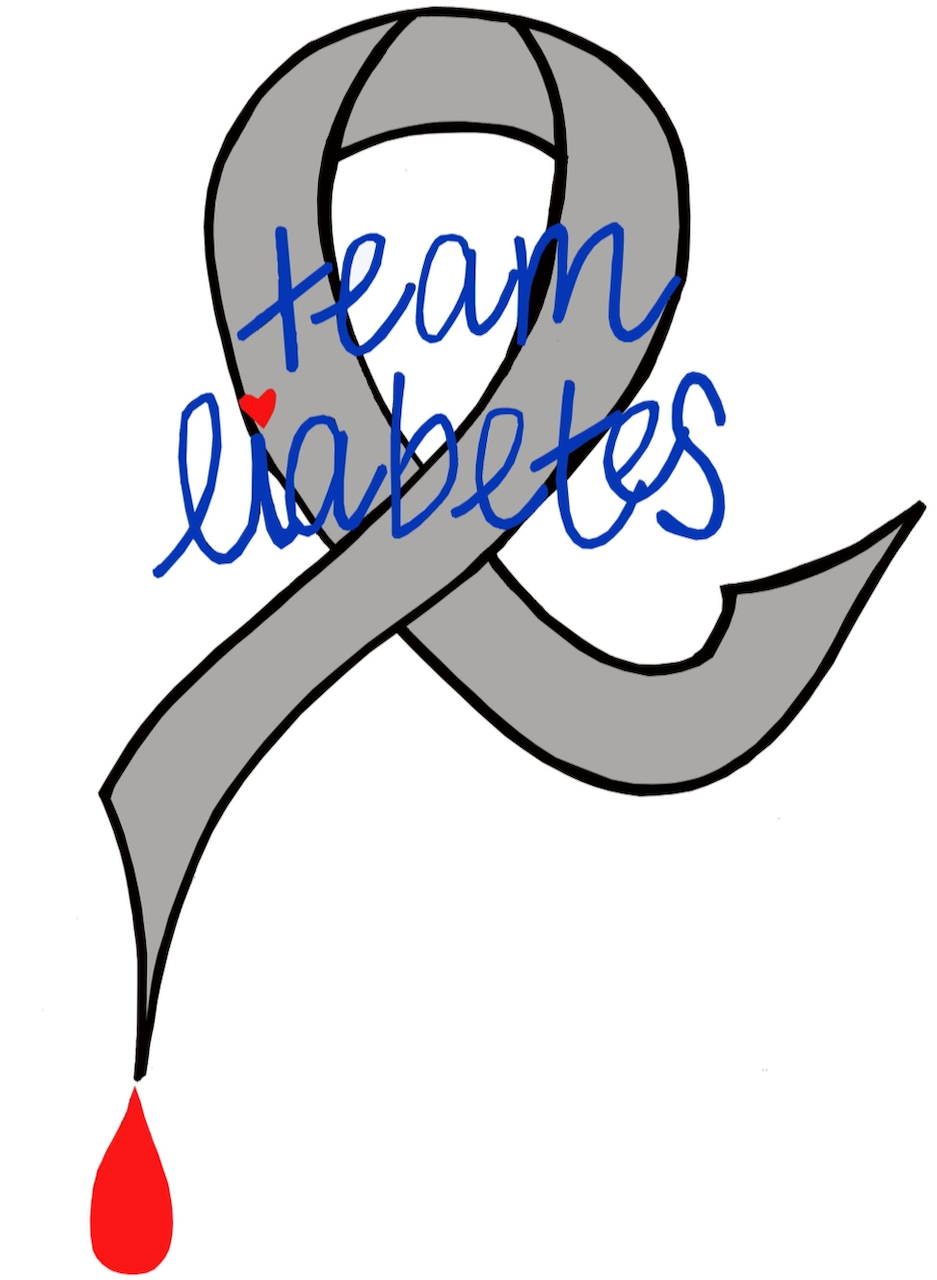Double Blind
Word of his death came to me in the middle of the night as I was making my lone way back to where he had lived. I had been far away visiting other family when his heart condition worsened to the point that I felt that was where I needed to be. I came as quickly as I could but he died before I arrived, in his sleep, at his home, with my mother and my siblings close by. He was old and tired and very sick and I will always have the regret of not being there with him at the end.
I wonder what he would have thought about this, my father. A patient himself of chronic illness for over two decades, what might he have to say about Lia’s diabetes? Would he accept it for the illness it was and as such assign to it his steady and unrequited worry, much as he did for his own incurable condition? Would he become an expert at her treatment, studying everything he could get his hands on in order to keep his grandchild from harm? Or would he, as he had proven himself in the past during times of child-rearing hardship, serve quietly and simply as our faithful companion as we went about our parental duties of caring for her?
His response, I imagine, would have been a grandfatherly concoction of all three: worry, preparation and support. But people will surprise you and my father was no exception to that rule and so in saying he would have reacted in any one manner over another would seem purely a guess on my part. Life is such the classroom that no one holds all of the answer keys. Instead, we all lack bits and pieces of information, some of which might be good to have, while others might lead to prejudice and like some scientific experiment skew the results, perhaps even sometimes favorably. There is no question, for instance, how my regret would have found closure had I prior knowledge of the minute and hour of my father’s last breath.
Such as it was, for months afterwards, whenever I visited my parent’s house I would wander and look through the things that my father owned and with which he spent his time: books, tools, containers and cartons of goods he’d collected over his seventy-six years. Amongst them I hoped to find some less rueful memory of him than that of my irreparable mis-spent time. Then I quit one day after my mother caught me in this act of inventorying his life and she looked at me with tears in her eyes and said, You walk around here and you see the places he used to be. I walk around and all I can see are the places he isn’t.
She was right, and my father, I think, would have agreed. We live each day blind to all the things we don’t know, about ourselves and especially about one another. We try as best we can to move past the hurdles, the biased and skewed results, the many unintended consequences, and look for meaning not in the things we own or the activities we pursue or even in the afflictions that haunt us, but in the simple, daily presence we share in the lives of those we love.
It has been almost three years now since my father died and that lesson is still not lost on me, nor has it sunk in permanently. Just the other day I was in my garage and I opened the door to the extra refrigerator we keep there and several bottles fell from the shelf in the door. One of them shattered on the floor. I cleared the mess and saw that what had broken was a bottle of non-alcoholic beer. The beer had been bought for my father during one of his last visits to our house, I couldn’t remember which. With so much time having passed though, I don’t know why I’d chosen to hang on to it, other than it was his and as such had become a part of him. More likely, I was just not throwing it out as I was keeping it for some intended purpose. As it were, I cleaned up the bottle to throw it away but before I did I thought to check the label to see if there was a date that might suggest just how long the beer had been lingering in my cold storage. It read: Best if used before October 2007. One month after his death.
Strangely, I felt only a tinge of grief over throwing the broken pieces away, just as it finally felt right to stop wandering his house like some misinformed ghost hunter. I was never going to find him in any of those things, and it’s true I’ll never know how he might have reacted to Lia’s diabetes, you can bet he would have handled her with tender loving care. Of that much, I am certain.

